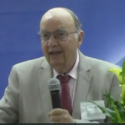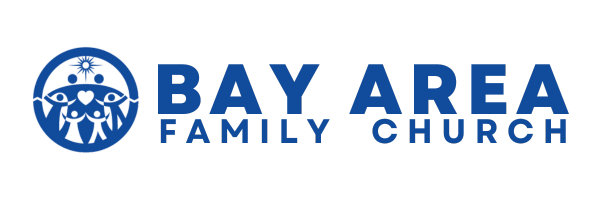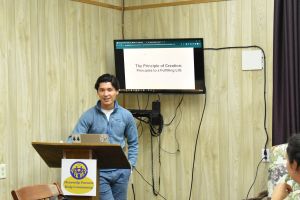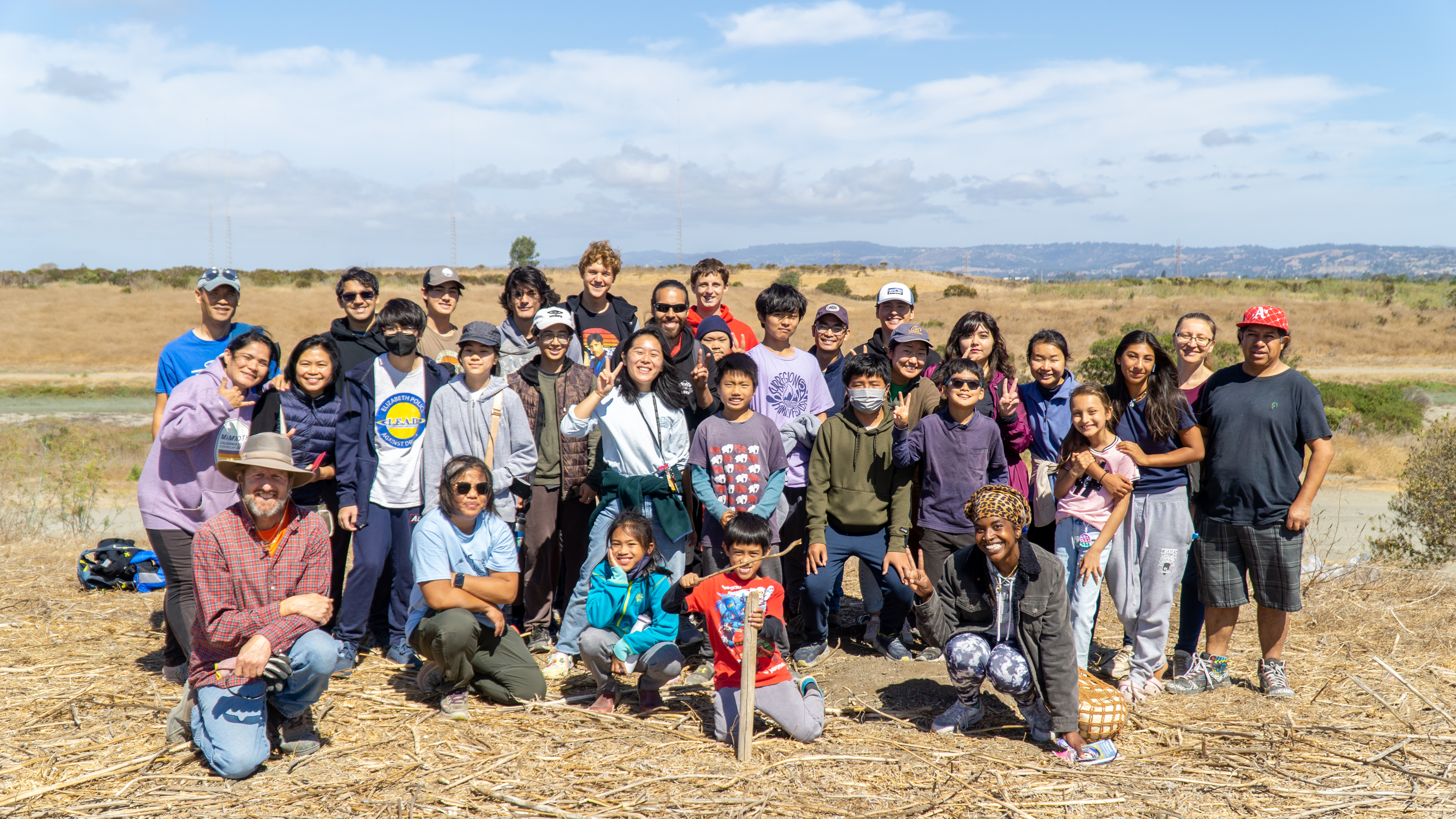Raising Good Children

The title of this essay is from a book by Thomas Lickona of the same name. Raising a good child
is perhaps the most challenging and rewarding activity in life. Parents see a child go through dramatic changes from year to year and sometimes from moment to moment. Psychologists and educators give us a framework of child development that can enable us to understand that there are stages of moral reasoning and moral behavior.
Lickona draws upon the work of Lawrence Kohlberg in identifying these stages, and he offers
suggestions of how we might nourish and guide a child through each stage. The goal is a respectful, responsible, caring adult, one who seeks the well-being of others while experiencing the beauty and joy of a life filled with meaning and purpose - a moral life.
Lickona defines morality as "respect for oneself, respect for other people, respect for all forms
of life and the environment that sustains them." The child develops moral reasoning and moral
behavior over time. This is not a lock-step mechanical process, for each child is unique and can exhibit self-centered behavior in the earliest or latest stage of behavior.
We are all familiar with a young child of two or three who exhibits a temper-tantrum. I took my
daughter and her 3 year old son to the nature center in Oakland. He picked up a small stick and began to hit cars and his mom. She tried to take the stick from him and he began to howl. She bent down to his level and held him while she explained that he must not hurt people or things. "I want to", he yelled. She explained that he could have the stick when we returned home.
The ego centered child could only reason that "I want", an initial stage of moral reasoning. His
mom offered a moral point of view that she would have to reinforce over and over again. Fortunately, children develop and at a later stage they learn to care about the feelings of others. At this stage of growth the school offers empathy training in support of what the parent does at home.
As children develop their moral reasoning, a parent can help this development by spending time
with a child and support a child's interests. When I take the middle school at The Principled Academy to the San Francisco Ballet, several parents whose children love dance accompany us and show that they value their child's interests.
Children develop positive feelings about themselves when they are given responsibilities. When
we collect food at the school and deliver it to the Alameda County Food Bank, students will sort the food and prepare it for those coming to receive it. I explain to students that one out of five families in Alameda County receive food from the food bank. This service project allows students to experience how to care for people beyond their circle of family and friends.
Middle school students are at a stage where they are introspective and become conscious about developing their strengths and good character. An eighth grade student handed to me an essay that was overdue. He included a note to me which read: "I am very sorry for turning it in late. It's a weakness I'm struggling with. But I'm trying to become more consistent so I can become a trustworthy person."
At this point, the student is developing his moral reasoning so that he becomes a person of good character. Mindfulness training and identifying moral conflict in the literature we study in the 8th grade are designed to help students develop their moral understanding and behavior.
Parents and teachers obviously need to model moral behavior if they expect their children to
become moral persons. And, of course, profound love for a child, with wisdom to know when to control and when to allow for the individual freedom of a child, is always a challenge. And, we all make many mistakes. By understanding that a child takes time to mature, and will go through several stages, we can be comforted and empowered to help grow good children.
 Mose Durst is an author, educator, and the former president of the Unification Church of the United States. He received a master’s degree and PhD while studying English Literature at the University of Oregon. He taught at a number of colleges and currently teaches literature and history at the Principled Academy in San Leandro, California. He has published eight books including Principled Education, Shakespeare’s Plays, and Oakland, California: Towards A Sustainable City.
Mose Durst is an author, educator, and the former president of the Unification Church of the United States. He received a master’s degree and PhD while studying English Literature at the University of Oregon. He taught at a number of colleges and currently teaches literature and history at the Principled Academy in San Leandro, California. He has published eight books including Principled Education, Shakespeare’s Plays, and Oakland, California: Towards A Sustainable City.




